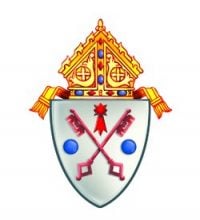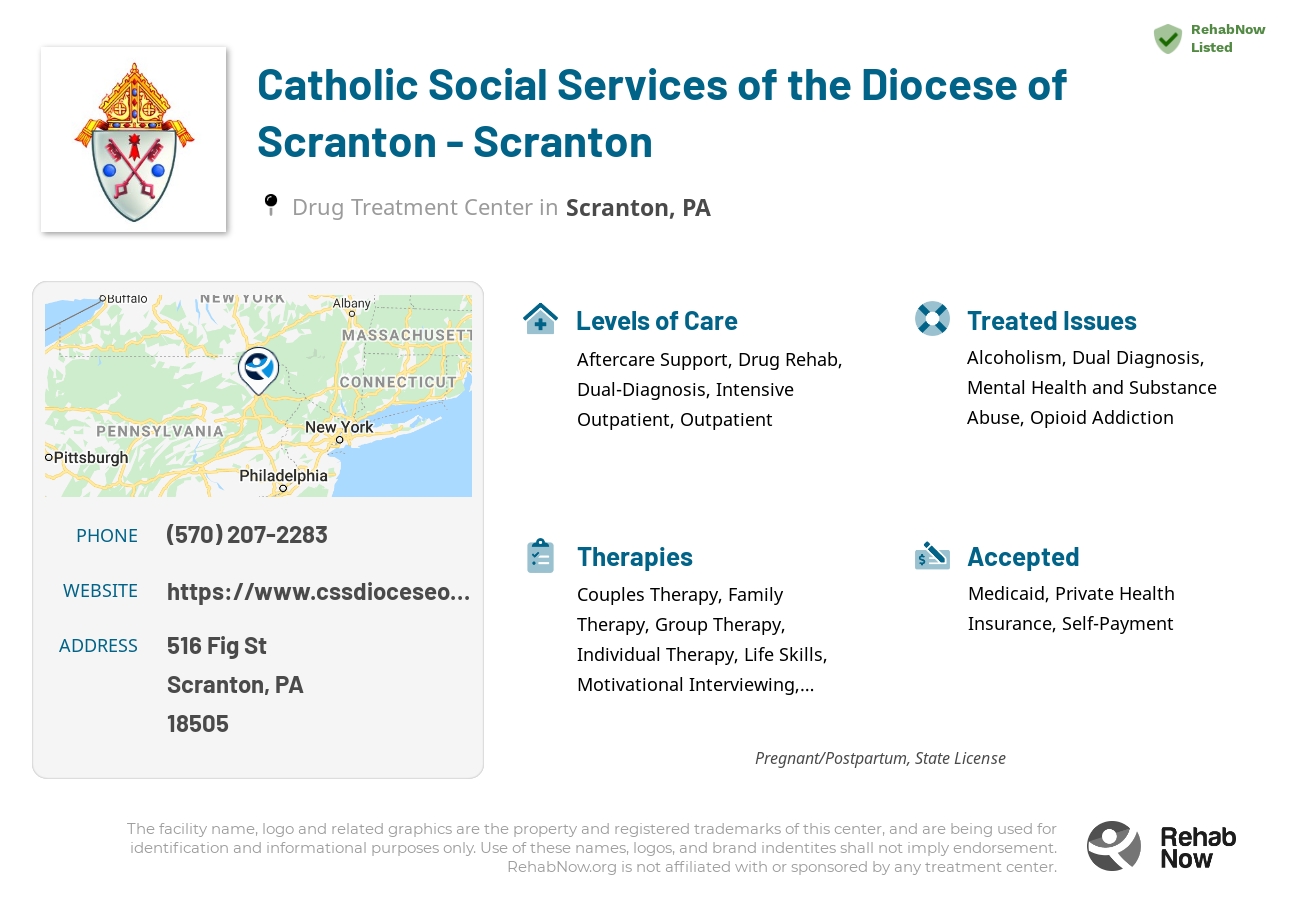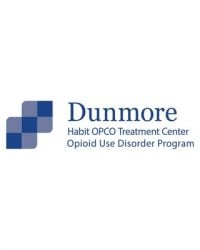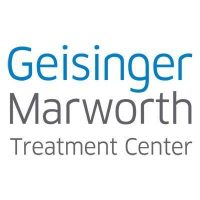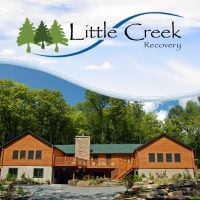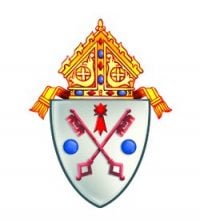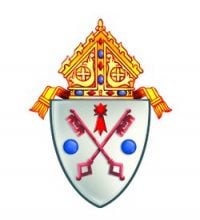Catholic Social Services of the Diocese of Scranton - Scranton
Drug Rehab Center in Scranton, Pennsylvania
For over 150 years, Catholic Social Services of the Diocese of Scranton has been providing high-quality, individualized addiction treatment services and programs with a tailored, multidisciplinary approach and access to private health insurance.
About This Scranton, PA Facility
Catholic Social Services of the Diocese of Scranton has been providing high-quality care for individuals battling addiction since 1868. The facility offers a comprehensive range of services to those in the Scranton area who are dealing with alcohol or opioid abuse, dual diagnosis, and other drug addictions. Their multidisciplinary approach to counseling and treatment helps clients develop meaningful tools to achieve lifelong sobriety.
Catholic Social Services of the Diocese of Scranton offers a variety of levels of care, including aftercare support, drug rehab, dual-diagnosis, intensive outpatient, and outpatient. Each patient receives an individualized treatment plan to fit their specific needs. Therapeutic modalities used at Catholic Social Services of the Diocese of Scranton include couples/family therapy, group therapy, individual therapy, life skills, motivational interviewing, rational emotive behavior therapy, recreational therapy, and trauma therapy. The center is accredited by the state and accepts private health insurance. They are committed to providing compassionate, non-judgmental care for those in need.
Genders
Ages
Modality
Additional
Accreditations
State License
Conditions and Issues Treated
Opioid addiction is one of Pennsylvania‘s most prominent forms of addiction. Drugs, including heroin, oxycontin, and fentanyl, are the most common. To relieve pain, or ease other ailments, they are professionally prescribed, but they are often abused because they and the feelings they give are addictive.
Addiction is treated by detoxifying the body, so the medications’ chemicals are no longer impacting the individual. Catholic Social Services of the Diocese of Scranton - Scranton offers therapies to correct behavior and target the root of the problem are supplemented during and throughout treatment.
Some of the most common co-occurring disorders are schizophrenia, depression, and bipolar disorder. Most rehab facilities in Scranton, PA like Catholic Social Services of the Diocese of Scranton - Scranton provide patients with a dual diagnosis. Dual diagnosis gives rehab the means to treat addiction while restoring mental and emotional health.
Levels of Care Offered
This center offers a variety of custom treatment tailored to individual recovery. Currently available are Aftercare Support, Drug Rehab, Dual-Diagnosis, Intensive Outpatient, Outpatient, with additional therapies available as listed below.
Intensive outpatient programs mostly conduct meetings on weekdays. Group therapy is the main element in most intensive outpatient programs. Most IOPs last for about 90 days and include drug use monitoring and testing. A Pennsylvania IOP, like what’s offerd at Catholic Social Services of the Diocese of Scranton - Scranton, take much more time than a standard outpatient program. Some programs offer other services as well, such as employment assistance and medication management.
Outpatient rehabilitation is a treatment that exists if a patient is not checking into Catholic Social Services of the Diocese of Scranton - Scranton long term. In addition to helping them recover, the patient attends regular therapy sessions and detox and participates in other therapies. However, this is all primarily done from home. As a follow-up to inpatient treatment, outpatient treatment is usually recommended.
After rehabilitation, it helps people return to their everyday lives. It may also be an alternative to inpatient care in some situations. If they cannot leave their jobs, children, or don’t have the money for inpatient care, people can choose this method. Inpatient therapy, however, is the best method and most suggested level of treatment offered by Catholic Social Services of the Diocese of Scranton - Scranton in recovering from addiction.
Catholic Social Services of the Diocese of Scranton - Scranton‘s Therapies & Programs
Customized individual therapy is counseling involving you and your counselor at Catholic Social Services of the Diocese of Scranton - Scranton. This builds a personal and trusting relationship so you can truly be yourself and express any emotions as you feel them. Individual therapy leads to greater peace and understanding about your triggers for addiction and coping strategies to prevent relapse.
Substance abuse does a number on an individual’s relationship with other people, particularly in marriage. Spousal relationships bear the brunt of alcohol and drug dependence. Therefore, it becomes critical to submit the relationship to couples therapy to prevent straining it further. Most programs only zero in on the individual with substance addiction without factoring in the importance of the other half’s emotional support.
However, some facilities, like Catholic Social Services of the Diocese of Scranton - Scranton in Scranton, Pennsylvania, offer couples therapy options to manage intimate partnerships amid the recovery process. Other couples-focused treatment plans can provide the patient and their partner tools to get things back to normal, support each other, and the patient’s sobriety.Group Therapy is a type of counseling that occurs between a bunch of strangers. These groups are suitable for patients who are not confined in a treatment facility, but group sessions are also common in inpatient rehab programs. Group therapy is led by a trained individual at Catholic Social Services of the Diocese of Scranton - Scranton in Scranton, PA and consists of members from different stages of recovery.
The goal of group therapy sessions is to foster hope and a sense of belonging, share information, and learn coping mechanisms. It also helps to have people who can relate to what you’re going through. Good behaviors can also be contagious, and participants can learn from one another.
Unresolved trauma is often a key reason why many patients resorted to substance abuse. Trauma could be physical abuse, sexual abuse, war, natural disasters, divorce, accident, loss of a loved one, etc. If trauma is the primary cause of substance abuse, then both issues must be addressed.
Cognitive Behavioral Therapy (CBT) is an approach and method in psychotherapy. Catholic Social Services of the Diocese of Scranton - Scranton asks people to investigate how their thoughts, including habitual, negative, and inaccurate ways of thinking affect behaviors. CBT is based on the idea that rigid, inflexible ways of thinking cause people to have a limited ability to cope with stress
Rational Emotional Behavior Therapy (REBT) is a method of specific counseling that replaces negative and self-limiting thoughts with positive and productive behaviors. Self-defeating thoughts and habits can limit your possible successes. Some examples of this are procrastination, unhealthy eating and angry outbursts. You may not be aware that some unhealthy behaviors and thoughts are sabotaging your potential accomplishments.
Payment Options Accepted
For specific insurance or payment methods please contact us.
Is your insurance accepted?
Ask an expert, call (888) 674-0062
Catholic Social Services Associated Centers
Discover treatment facilities under the same provider.
- Catholic Social Services of the Diocese of Scranton - Carbondale in Carbondale, PA
- Catholic Social Services of the Diocese of Scranton - Milford in Milford, PA
- Catholic Social Services of the Diocese of Scranton - Stroudsburg in Stroudsburg, PA
- Catholic Social Services of the Diocese of Scranton - Hazleton in Hazleton, PA
- Catholic Social Services - Drug and Alcohol Program in Stroudsburg, PA
Learn More About Catholic Social Services Centers
Additional Details
Specifics, location, and helpful extra information.
Scranton, Pennsylvania 18505 Phone Number(570) 207-2283 Meta DetailsUpdated November 25, 2023
Staff Verified
Patient Reviews
There are no reviews yet. Be the first one to write one.
Scranton, Pennsylvania Addiction Information
Pennsylvania ranks 14th in the nation for drug-related deaths. More than 10% of all deaths in Pennsylvania have been related to drugs and alcohol. 30% of Pennsylvania youth reportedly drink alcohol monthly, with more than 20,000 teenagers having an alcohol problem. The rate of opioid misuse in Pennsylvania is double the national average.
The drug addiction problem in Scranton, Pennsylvania, is relatively high. 1,564 admissions to publicly funded drug rehabs in Scranton, PA, in 2012. This amounts to a rate of 447 admissions per 100,000 people. According to recent statistics, over 1,000 drug-related arrests in the city in 2016. Many resources are available in Scranton, Pennsylvania, to help you stay on track and live a healthy, happy life.
Treatment in Nearby Cities
- Phoenixville, PA (87.6 mi.)
- Fort Washington, PA (90.0 mi.)
- Warminster, PA (87.2 mi.)
- Kempton, PA (53.7 mi.)
- Houston, PA (250.4 mi.)
Centers near Catholic Social Services of the Diocese of Scranton - Scranton
The facility name, logo and brand are the property and registered trademarks of Catholic Social Services of the Diocese of Scranton - Scranton, and are being used for identification and informational purposes only. Use of these names, logos and brands shall not imply endorsement. RehabNow.org is not affiliated with or sponsored by Catholic Social Services of the Diocese of Scranton - Scranton.
